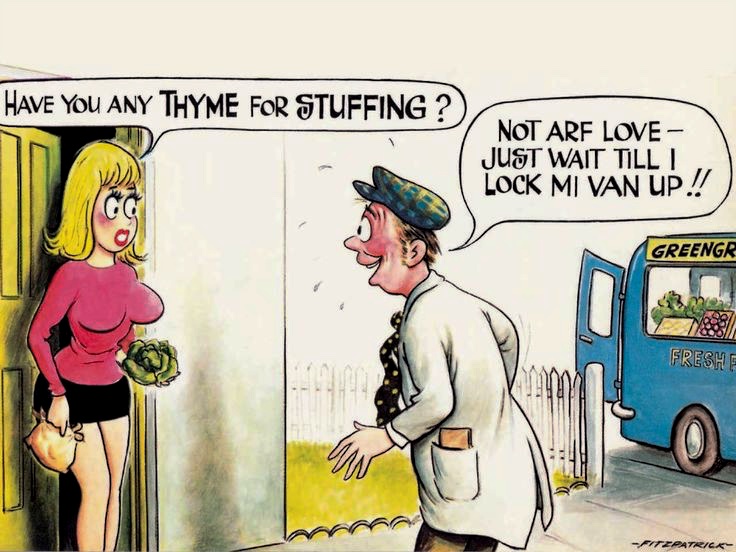In the 1960s, a peculiar and somewhat risqué phenomenon swept through the seaside towns of the United Kingdom – the “sauce” picture postcards. These postcards featured humorous, often cheeky, and sometimes downright naughty illustrations or photographs that captured the spirit of the era. They became immensely popular among holidaymakers and collectors alike, providing a lighthearted and slightly naughty memento of their trips to the coast.
The term “sauce” was derived from the slang term “saucy,” which referred to something slightly naughty or suggestive. The sauce postcards typically depicted exaggerated and caricatured figures, often with a humorous twist or innuendo. They were a form of gentle satire and provided a light-hearted escape from the more conservative attitudes of the time.
The seaside towns of the 1960s were known for their vibrant holiday atmosphere, with amusement arcades, beachfront entertainment, and bustling promenades. The sauce postcards perfectly captured the essence of this era, reflecting the carefree and playful nature of the holidaymakers who flocked to these destinations.
The subjects of the sauce postcards varied widely. Some featured humorous illustrations of holidaymakers in compromising or humorous situations, while others depicted exaggerated versions of everyday life at the seaside, often with a touch of innuendo. The captions accompanying these images were cleverly crafted to add an extra layer of humor and double entendre.
While the sauce postcards were undoubtedly popular among tourists, they were not without controversy. The cheeky and sometimes suggestive nature of the images occasionally drew criticism from more conservative elements of society. Some postcards were deemed too explicit and were subject to censorship or even banned in certain areas.
Despite the occasional controversy, the sauce picture postcards of the 1960s remain an iconic representation of that era. They captured the spirit of a time when British society was experiencing a shift towards more liberal attitudes, and people were seeking entertainment and amusement in new and exciting ways.
In recent years, the sauce postcards have gained a nostalgic and collectible status. They are now considered a unique and cherished piece of social history, reflecting the changing attitudes and humor of the era. Whether it is the exaggerated figures, the clever wordplay, or the cheeky innuendo, these postcards continue to evoke a sense of fun and nostalgia for a bygone era of seaside holidays.





